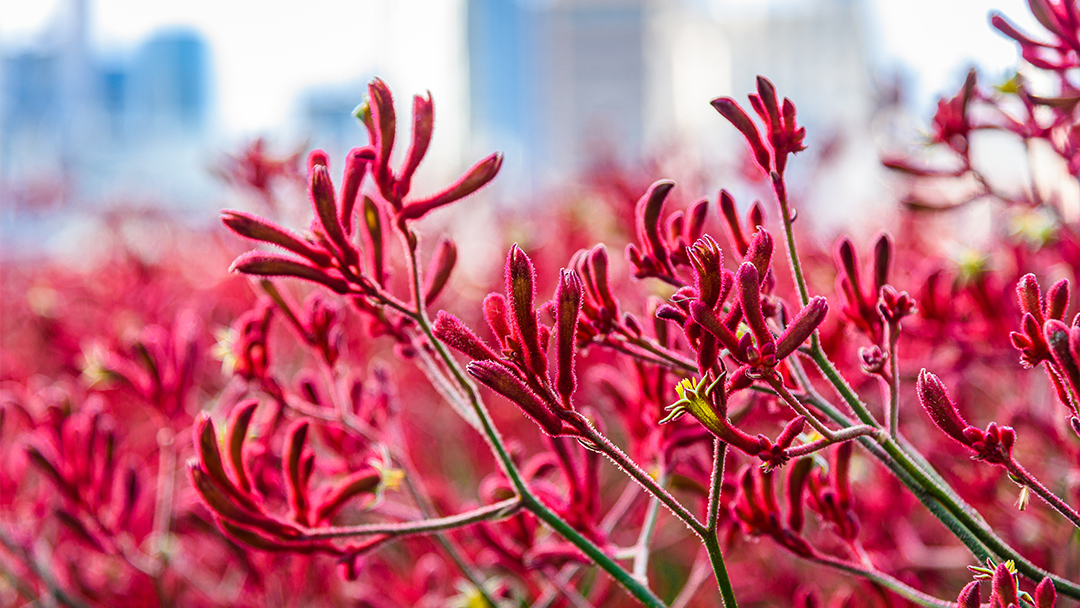Be water wise
Gardens account for around 25 per cent of all household water consumption. You can save water in your garden through thoughtful design and plant selection, and by using water wisely.
Follow these tips
Use a broom instead of a hose to clean driveways and paths. Hosing-down hard surfaces isn’t permitted under permanent water saving rules.
Mulch can reduce evaporation of water from soil by up to 70 per cent. Mulch suppresses weeds, adds nutrients and reduces run-off and soil movement.
Organic mulch, such as sugar cane, pea straw or pine bark will break down and add organic matter to the soil.
For best results apply the mulch in a thick layer (five centimetres or more if you’re using pine bark) and keep it clear of plant stems. Replace the mulch as it breaks down in autumn or spring.
Capture water in a rainwater tank, barrel or pond by adding a diverter on your downpipe.
Choose plants that have low watering needs where possible.
Position plants with similar watering needs together as this saves water and also helps keeps plants healthier by providing the right amount of water.
Consider your soil type and amount of shade when selecting plants.
Aim to mow your lawn to three centimetres or higher so it needs less water. Avoid mowing in the middle of the day to shelter roots from harsh sun.
If you’re planting new lawn or replacing your existing lawn, selecting the right turf is essential. Make sure your turf can tolerate the conditions of your garden. For example, partial shade or full sun.
Put your finger into the soil and if it’s moist below the surface you don’t need to water.
Check the weather forecast. If there’s rain due, let the rain do your watering for you.
Water between the hours of 6pm and 10am to reduce evaporation loss.
Only water the plant root zone to avoid wasting water where plants won’t use it.
Use drip irrigation under mulch if possible as this is the most water efficient method of garden watering.
Check your taps regularly for signs or sounds of leaks.
A tap dripping at a rate of one drip per second loses more than 12,000 litres a year. Garden taps are cheap and easy to replace.
Wet patches on the ground could indicate a possible underground leaking pipe or watering system.




